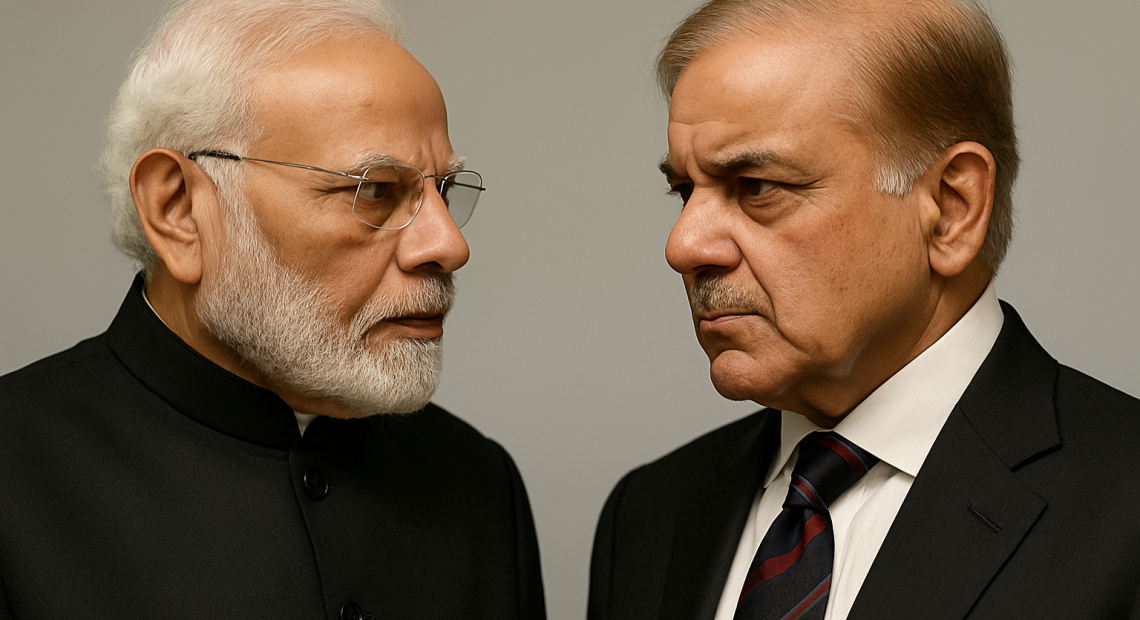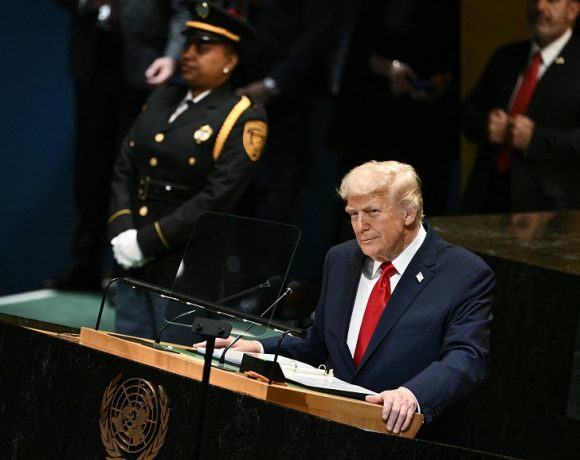
From Turkey to Azerbaijan: India’s Pattern of Blocking Pakistan’s Allies in Eurasia
Azerbaijan’s sudden outburst over its failed SCO membership bid would almost be amusing if it weren’t such a familiar story. Baku claims that India unfairly blocked its path to becoming a full member of the Shanghai Cooperation Organisation, painting itself as the shocked victim of geopolitical bullying. But strip away the theatrics, and the real picture looks quite different: Azerbaijan walked into the SCO bid wearing the badge of Islamabad’s best friend, and then acted surprised when New Delhi said no. In truth, this was not an act of diplomatic revenge. It was a consistent application of India’s red line — one that has been tested before by Turkey, another self-declared brother in Pakistan’s camp.
When you examine Azerbaijan’s case closely, the reasons for India’s objection are not exactly hidden in some secret archive. Baku has openly supported Pakistan’s line on Kashmir, occasionally even echoing Islamabad’s propaganda word for word. In military terms, Azerbaijan’s cooperation with Pakistan has been growing steadily, from joint exercises to defense deals. Add Turkey into that mix, and you get a loud and proud Ankara-Baku-Islamabad triangle that exists not only to advance their own interests but also to jab at India whenever possible. So when Azerbaijan showed up at the SCO’s doorstep, waving Pakistan’s flag in one hand and Turkey’s handshake in the other, what exactly did it expect from New Delhi? A warm welcome? A red carpet? Perhaps even a medal for creative hypocrisy?
If Baku thought India would roll over just because China wanted it in, it misread the room entirely. The SCO works on consensus, and consensus means everyone gets to decide — even if you’re India and Beijing thinks otherwise. With one objection, India stalled the entire bid, exercising the same rights that every other member enjoys. It wasn’t a veto in the Security Council sense; it was a simple use of the organisation’s own rules. In that sense, India did nothing extraordinary — except, of course, show the political willpower that smaller states often lack when it comes to standing up to Beijing’s preferences.
This is not the first time India has blocked Pakistan’s allies in Eurasia. Take Turkey. For years, President Recep Tayyip Erdoğan has dangled the idea of joining the SCO as a counterweight to NATO. He has courted Russia and China, and tried to present Ankara as a Eurasian powerhouse. But there was always one fatal flaw: his consistent and loud championing of Pakistan’s stance on Kashmir. Turkish drones supplied to both Pakistan and Azerbaijan only reinforced that image. India, quite predictably, refused to allow Turkey’s flirtation with SCO to get serious. And so Turkey’s ambitions went nowhere. No drama, no public spectacle, just quiet obstruction by a country unwilling to hand multilateral platforms to its adversary’s allies.
The pattern is obvious: Kashmir and terrorism are India’s red lines, and New Delhi has finally decided that they are non-negotiable in multilateral forums. Pakistan already sits inside SCO, a concession India had to make in 2017 when both joined together. Having lived with that bitter pill, India is determined not to allow Islamabad’s friends to keep pouring in and turning the SCO into a pro-Pakistan echo chamber. Turkey learned that lesson the hard way. Azerbaijan just got the same treatment. And frankly, they should have seen it coming.
The strategic significance of this stand goes beyond Baku or Ankara. It sends a clear message to Beijing: you may dominate the SCO with your economic clout, but India will not rubber-stamp your expansion plans when they run against its core interests. This balancing act also reassures smaller Central Asian members, who quietly dislike the idea of SCO becoming a China-only playground. India’s assertiveness proves that consensus isn’t just a word on paper — it’s a functional tool to prevent the bloc from being hijacked.
So what does the future look like? If you are a state hoping to join the SCO while happily parroting Pakistan’s talking points on Kashmir or terrorism, brace yourself for disappointment. India has shown it will block, stall, and frustrate any attempt to give Islamabad’s allies more room to maneuver. From Turkey to Azerbaijan, the pattern is clear and deliberate. And if other aspirants are watching closely, they’ll realise that earning China’s support isn’t enough. Without India’s nod, the SCO door stays firmly shut.
In the end, what happened to Azerbaijan is not some extraordinary act of revenge. It is simply India applying the same rule it applied to Turkey: align yourself too closely with Pakistan, and don’t expect New Delhi to smile politely as you walk into a club where consensus is king. If anything, the real surprise is not that India blocked Azerbaijan, but that Baku thought it could act as Islamabad’s echo chamber and still be welcomed. That kind of naivety is almost endearing. Almost.


















